As time passed, these minor incidents became more serious.
Finally, on the cold, snowy night of March 5, 1770, a frightful event took place. Shortly after nine oclock, two separate groups of Bostoniansabout one hundred men altogetherconverged on the lone British sentry guarding the Customs House.
An hour or so earlier he had whacked a boy with the butt of his musket for shouting an insult at the captain. Now the guard thought that the mob was going to kill him, for they were shouting: Kill the soldier! Kill the coward!
Copyright 1958 by Bruce Bliven, Jr. Copyright renewed 1986 by Bruce Bliven, Jr. All rights reserved under International and Pan-American Copyright Conventions. Published in the United States by Random House Childrens Books, a division of Random House, Inc., New York, and simultaneously in Canada by Random House of Canada Limited, Toronto. Originally published by Random House, Inc., in 1958.
www.randomhouse.com/kids
Library of Congress Cataloging-in-Publication Data
Bliven, Bruce. The American Revolution. Reprint of the 1958 ed. published by Random House, New York, in series: Landmark books.
SUMMARY : Presents an account of events leading up to and occurring during the American Revolution. 1. United StatesHistoryRevolution, 17751783Juvenile literature. [1. United StatesHistoryRevolution, 17751783.] I. Title.
[E208.B66 1981] 973.3 80-20813 eISBN: 978-0-307-77819-2
RANDOM HOUSE and colophon and LANDMARK BOOKS and colophon are registered trademarks of Random House, Inc.
v3.1
Contents
Other Landmark Books
 1A Young King Ends a Great War
1A Young King Ends a Great WarWhen the American Revolution began, Americans were subjects of the King of England, who lived three thousand miles (and at least six weeks sailing time) away from them.
When the Revolution ended, Americans were citizens of a new nation, the United States of America. American laws were made on American soil, and they were administered by men American citizens had elected.
The change was truly revolutionary, yet it is hard to set an exact date for the beginning of the American Revolution. It certainly began long before the Revolutionary War, which lasted from 1775 to 1783.
A wise observer, John Adams of Massachusetts, one of the Revolutions leaders and later the second President of the United States, wrote: The Revolution was in the minds and hearts of the people, and this was effected from 1760 to 1775, in the course of fifteen years, before a drop of blood was shed.
What happened in those fifteen years?
In October 1760 a very important event took place. A plump, popeyed twenty-two-year-old became King of England. He was stubborn George III, who was sure that kings never made mistakes. He was destined to become the last monarch to rule over America.
When George became King, England was fightingand winninga global war against France. The two countries, with their allies, were battling on the continent of Europe, in India, in the West Indies and all over the Seven Seas. They were fighting in North America, too. The French held Canada and a large territory west of the Mississippi River called Louisianafar larger than the State of Louisiana today. The British held thirteen colonies: Massachusetts, New Hampshire, Connecticut, Rhode Island, New York, Pennsylvania, New Jersey, Delaware, Maryland, Virginia, North Carolina, South Carolina, and Georgia. For seven years, starting in 1755, British soldiers and Americans, fighting together, fought against the French and their Indian allies.
England was beating France, and that pleased young George III. But he had political plans of his own which made him want to end the war fast.
All during his boyhood, Georges mother had said to him, over and over, George, be a King! It was exactly what he meant to be, now that he wore the crown. However, his power as King was not clearly defined. For more than a century the English people had been fighting their way toward self-government, toward making their own laws in Parliament, the English counterpart of our Congress.
George realized that he was limited in whatever he might want to do by what Parliament wanted. He knew that he couldnt ignore Parliament. King Charles I had been beheaded in 1649, and King James II, his son, had been overthrown in 1688 for trying to rule without Parliament.
George III did not want to repeat their mistake. But he did think he could be a King through Parliamentby influencing and controlling the lawmaking body, buying votes with bribes and giving government jobs to men who voted his way.
In order to try that plan, George had to get rid of the brilliant war leader Prime Minister William Pitt, whose popularity and independence stood in the way of any scheme to increase the Kings power.
Therefore the Kings faction in Parliament voted to end the war that had made Pitt famous and powerful. The peace treaty was signed in 1763. The French lost Canada, which was given to England. Spain got Frances Louisiana territory. The American colonists were delighted to be rid of powerful France, for she had not only stood in the way of American dreams about settling the West, but also had hired Indians to wipe out American frontier villages.
Once George had beaten Pitt on the question of continuing the war, and gotten rid of him, he was forever changing prime ministers. In the next nine years he tried new ones constantly. It was hard to find a man willing to obey Georges wishes who could also get along with Parliament and remain popular with English voters.
And Parliament, led by a procession of weak prime ministers, made some strange moves.
The Americans, puzzled at first, soon grew angry at the odd actions of Parliament and Georges various ministersnot guessing, for a long time, that some of the most annoying actions were really their Kings ideas.
Even under ideal circumstances, of course, it would have been almost impossible for a few hundred men, most of whom had never seen America, to meet in London and make good laws for the thirteen colonies. And the circumstancesa stubborn King and a partly corrupt Parliamentwere far from ideal.
Americans were loyal to their King. And, thinking that Parliament, not the King, was responsible for the mistakes in colonial policy, they did not feel they were disloyal when they disobeyed English laws that rubbed them the wrong way.
 2Quarrels over Money
2Quarrels over MoneyThe Americans began by disobeying laws that had to do with money.
The Seven Years War had cost fortunes. Its expense had been one of George IIIs main arguments for ending it. English taxes were sky-high and Englands war debt was huge.
Lord Grenville, who became Prime Minister in 1763, was a penny pincher. It didnt take much imagination for him to think of raising money in America. There was talk of keeping a British army of 10,000 on the American frontier to protect the colonies from Indians, talk that had been stirred up by an Indian uprising led by a chief named Pontiac, shortly after the 1763 peace treaty.
Grenville thought the Americans should start to pay for this British army that might be sent to America, and he began by trying to enforce some old laws called the Acts of Trade and Navigation. These had never been seriously enforced before.


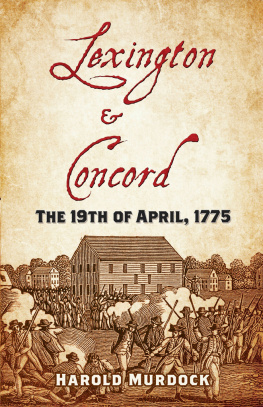
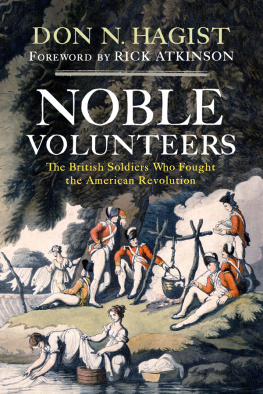
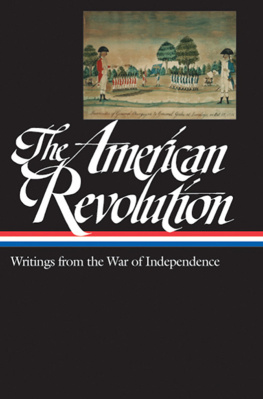
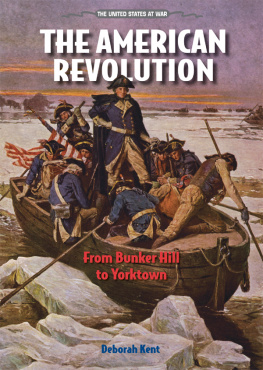
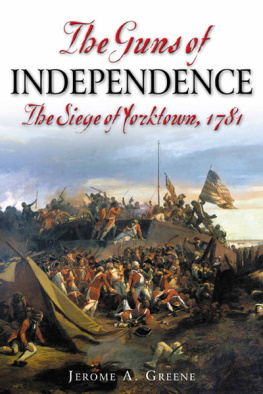
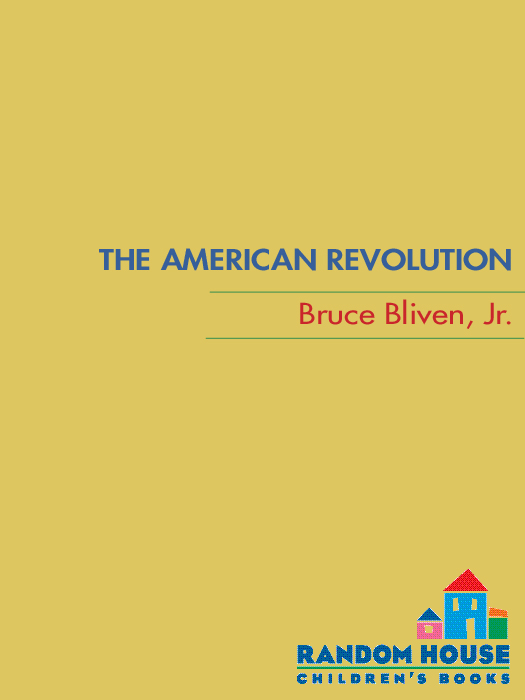
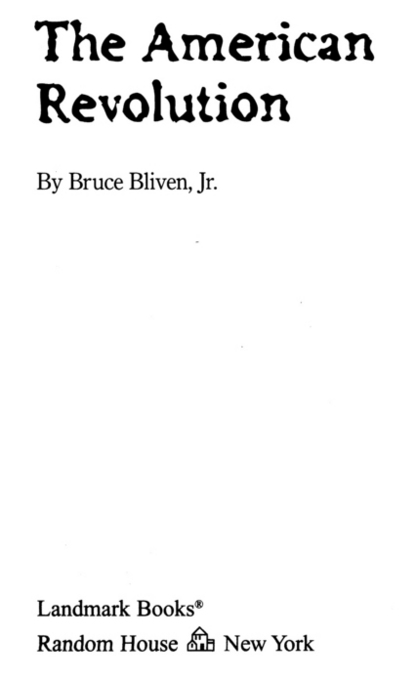
 1
1